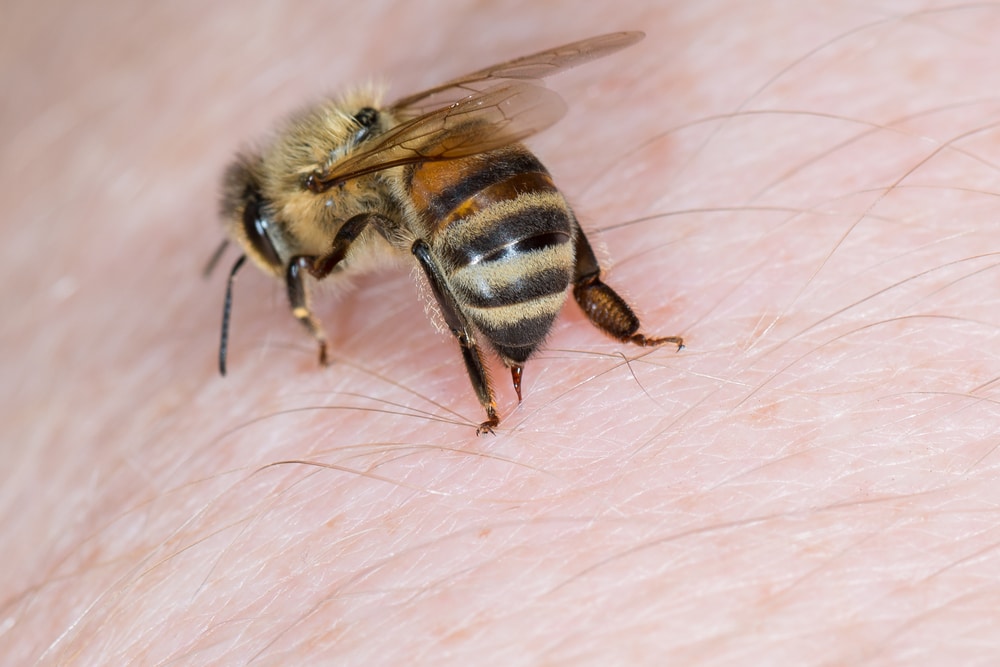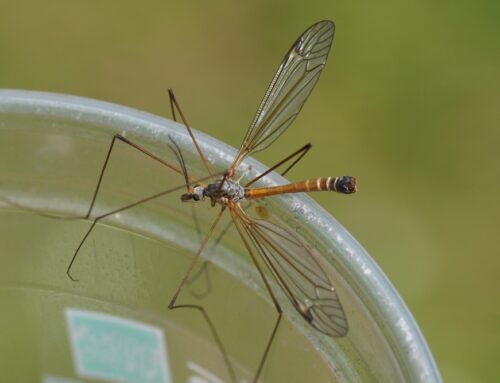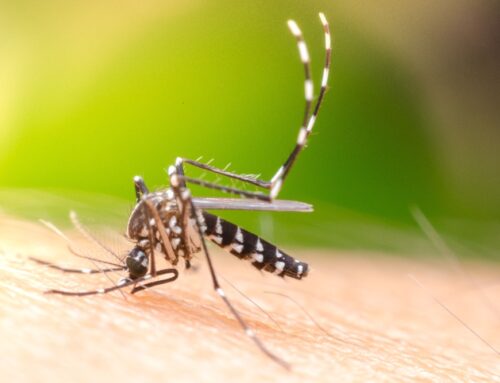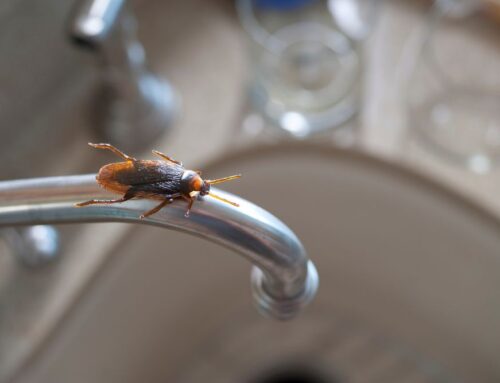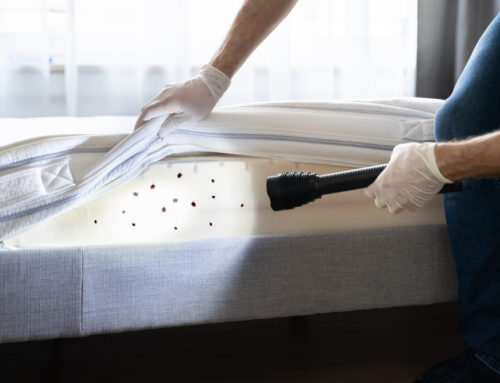Every year, millions of Americans walk into emergency rooms to be treated for insect stings. With summer just around the corner, bee stings are likely to be common occurrences as families spend more time outdoors. In light of this, it is crucial to know how to care for a bee sting so that you can keep your family protected even as you enjoy fun outdoor activities.
Symptoms of a Bee Sting
The first symptoms that an individual is likely to experience after being stung by a bee are a sharp pain followed by a red swollen sore on the site of the sting. You might also observe a small white spot at the center of the swollen sore where the bee’s stinger pricked the skin.
In most cases, the pain and swelling tend to go away after a few hours. However, in other instances, a person might experience a more severe reaction. In such cases, the site of the sting will gradually increase in size to about four inches in diameter. Usually, the symptoms resolve on their own within 5 to 10 days.
Individuals who are allergic to bee stings can experience anaphylaxis, which can be deadly if not treated. Some of the symptoms they are likely to experience include tongue or throat swelling, rashes, vomiting, dizziness, wheezing, and loss of consciousness. If you notice this severe reaction, it is vital to seek medical assistance immediately. In most cases, doctors administer EpiPen to help relieve the symptoms. However, for less severe cases, a home remedy will work just fine.
What to do When You Are Stung by a Bee
You should remove the stinger as soon as possible to prevent the venom from spreading, which could trigger a more severe reaction or even cause an infection. To do this, pinch and pull out the stinger or scrape it on the edge of a flat surface to dislodge it from the sting site.
Once you remove the stinger, clean the affected area with soap and clean water, then apply a cold compress to alleviate the pain and prevent inflammation. Alternatively, you may use anti-inflammatory medicines to prevent swelling. Next, apply antihistamine or hydrocortisone ointments to the affected area to calm the reaction. Be sure to consult a healthcare provider for a steroid prescription if you are experiencing a severe reaction.
How to Prevent Bee Stings
The surefire way to prevent bee stings at home is to avoid keeping beehives. Bee colonies tend to become very aggressive when agitated and will attack as a unit if they feel threatened. As such, it is always best to enlist a pest removal service to remove a nest on your property. You should also avoid wearing perfume or cologne when going on an outing since sweet fragrances are more likely to attract bees and increase the probability of getting stung.
Observing these safety precautions will help protect you and your family from bees thus allowing you to enjoy your summer uninterrupted.

